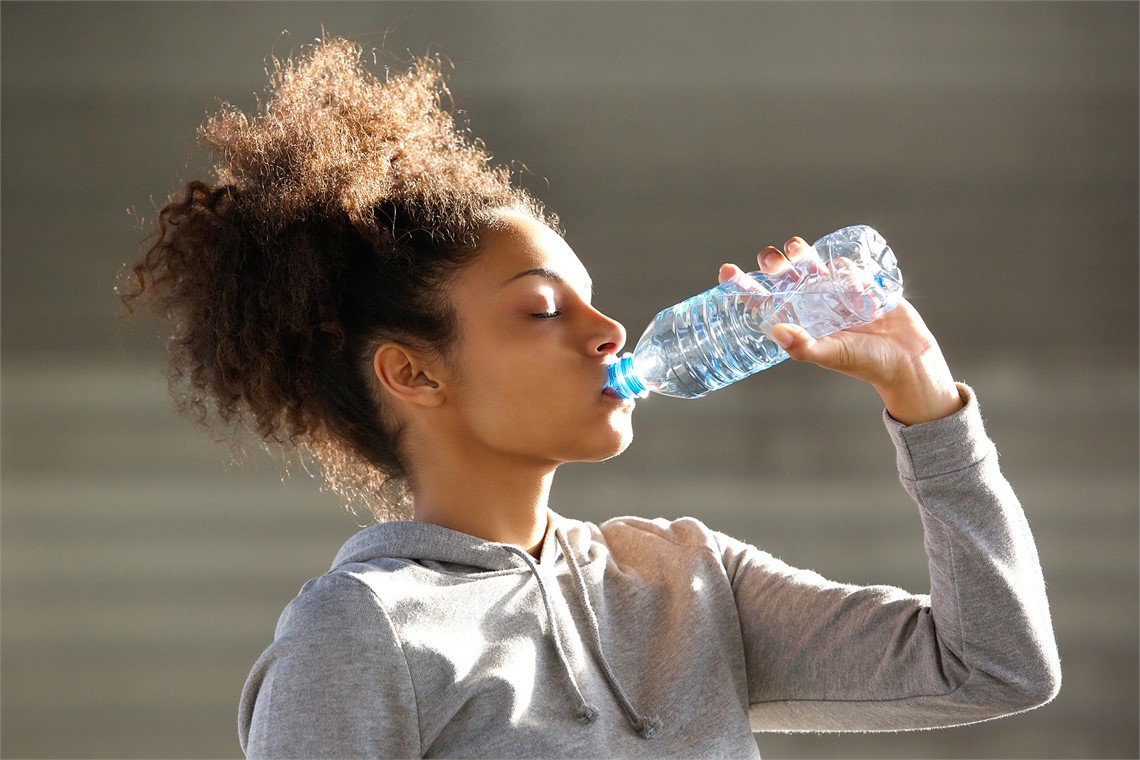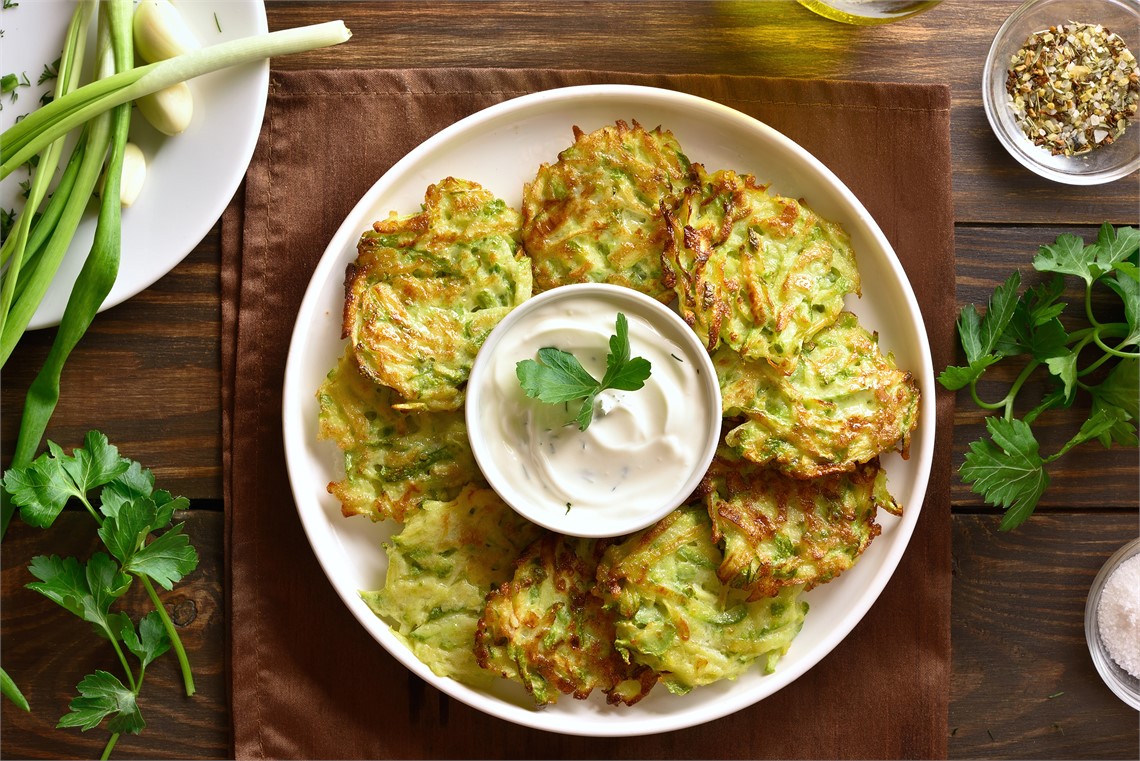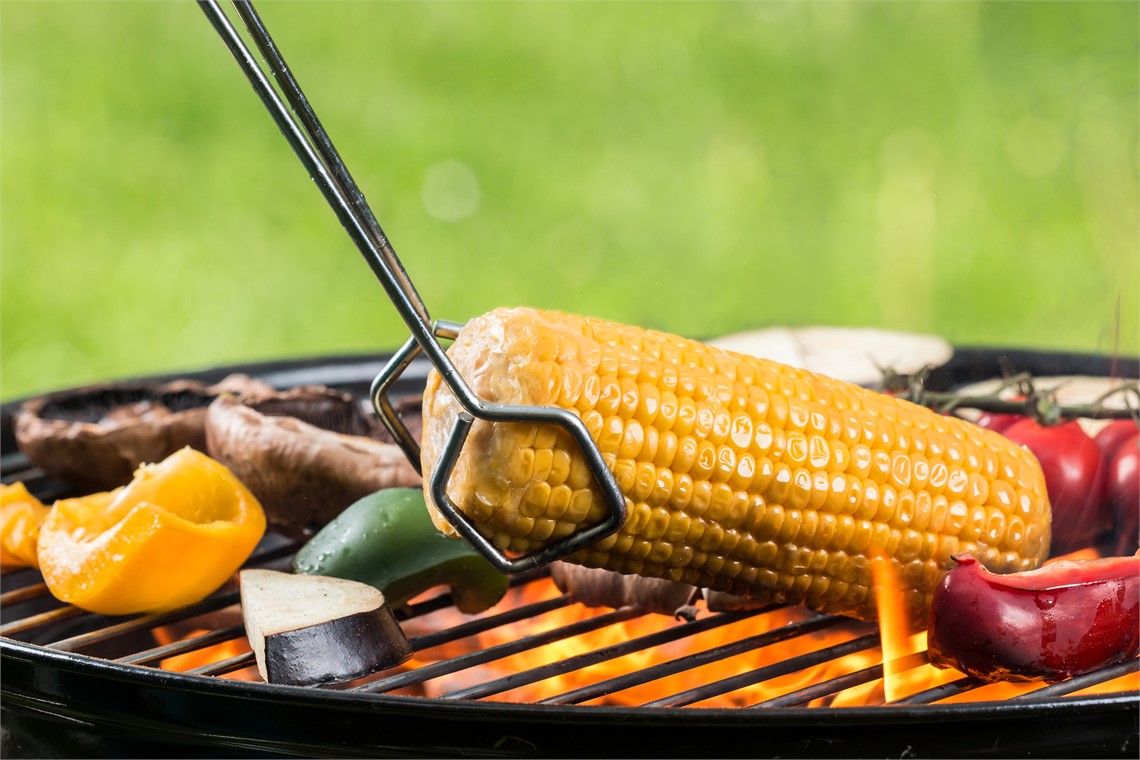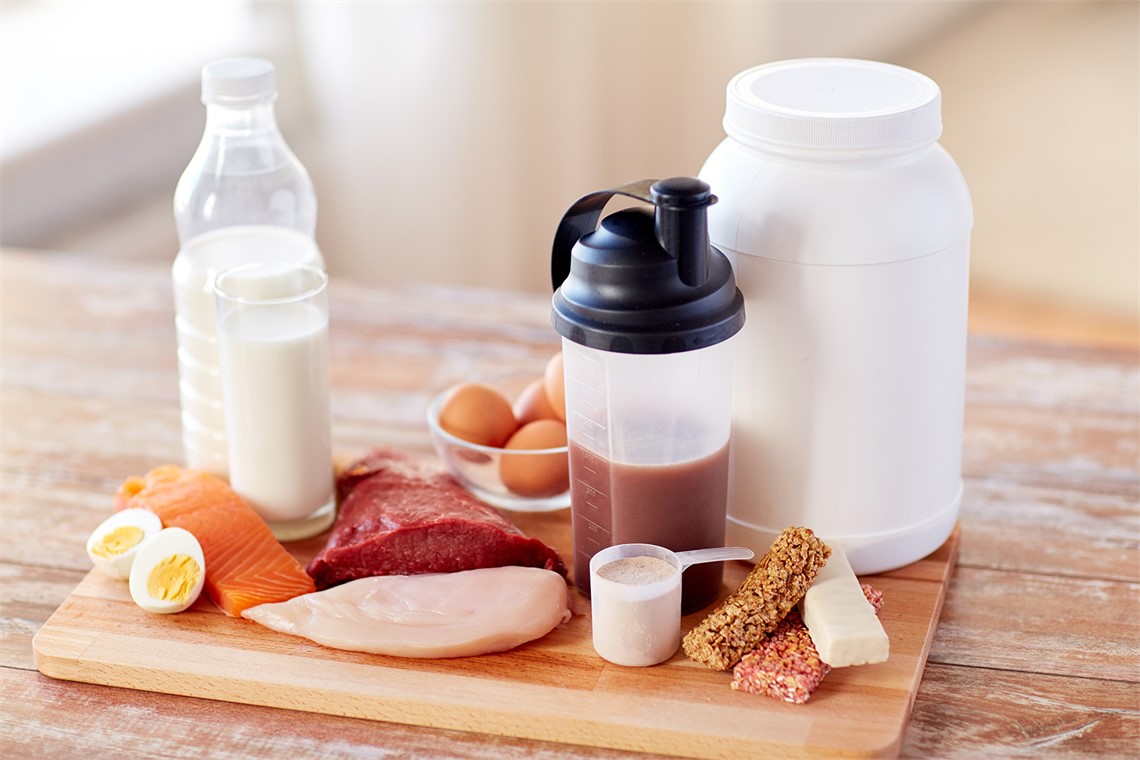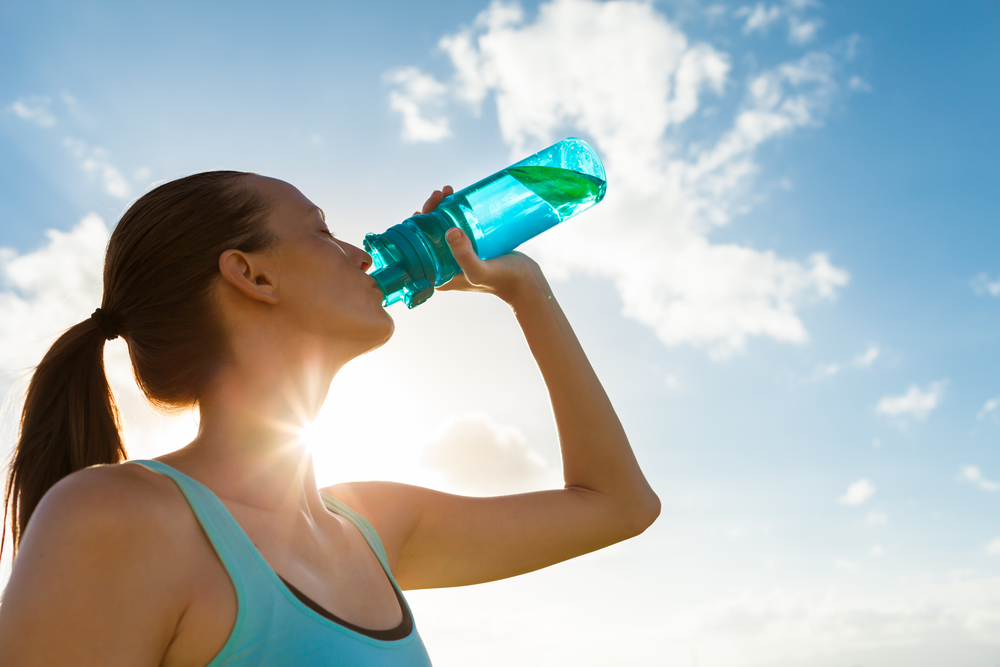One of the key reasons why non-athletes start running is to lose body weight. However, losing body fat and keeping energy levels up during training is a real challenge for most runners. Fedhealth Dream Chasers dietician Andrea du Plessis discusses this topic.
What are the benefits of weight loss for runners?
- Power to weight ratio:
- Performance: loss of weight in body fat can boost running performance.
- Reduced injury risk: loss of body fat can help alleviate the pressure and strain on the joints and spine during running.
- Health: losing excess body weight tends to decrease body weight, blood pressure, cholesterol and improve general health, specifically heart health.
What are the dangers of weight loss during running training?
- Too skinny: losing too much weight, or losing weight too fast can result in muscle weakness and poor running performance.
- Diabetes: diabetics need to monitor their blood glucose levels before, during and after training. Rapid weight loss may interfere with blood glucose control.
- Low blood pressure: losing weight may exacerbate the symptoms of low blood pressure, such as fatigue, poor concentration, irritability and fainting.
- Immune system: rapid weight loss strains the immune system, increasing the risk of respiratory infections.
Tips for weight loss:
- Drink more water: good hydration helps to reduce sweet cravings and also helps to fill up your stomach at meal times.
- Don’t overeat after training: it is very easy to overeat after training, so stock up on low carb veg to fill up your stomach. Baby marrows, cabbage, cauliflower, green beans, mushrooms, aubergine, peppers, tomatoes, cucumber and peppers are low carb veggies.
- Carb clever: eat your carbs before training, to make sure your body burns off that energy while you are running.
- Don’t starve: fasting or starvation diets should not be considered during an intensive running programme.
- Eat more protein: protein helps to maintain your muscle strength and also helps to keep your appetite under control. Cottage cheese, ricotta cheese, milk, yoghurt, biltong, eggs, soya beans, chicken, fish, beef and pork all provide high quality protein.
- Supplement: training hard and reducing your food intake are two factors that increase your requirements for vitamins and minerals. Make sure to take a vitamin B-complex daily, as B-vitamins are needed for energy metabolism. It’s also wise to have your iron levels tested. Iron supplementation is recommended in cases of low iron levels, to combat fatigue during running training.
For more information, visit capetownmarathon.com or for any nutrition related questions, contact Andrea du Plessis on 084 403 6018, email andreaduplessis28@gmail.com or go to www.facebook.com/andreaduplessis.nutrition.expert
DISCLAIMER: The information on this website is for educational purposes only, and is not intended as medical advice, diagnosis or treatment. If you are experiencing symptoms or need health advice, please consult a healthcare professional.








